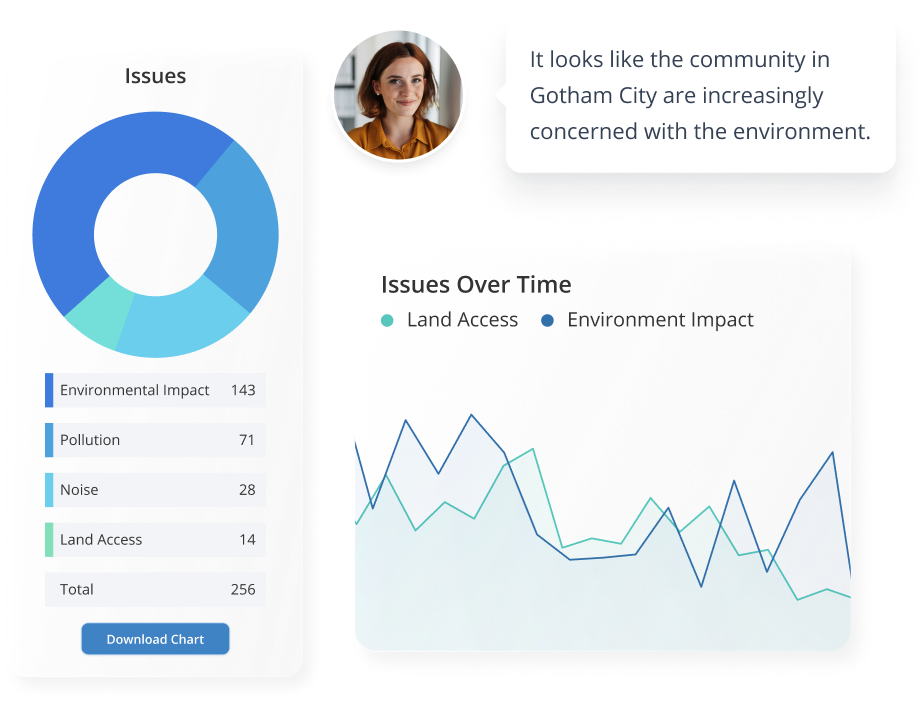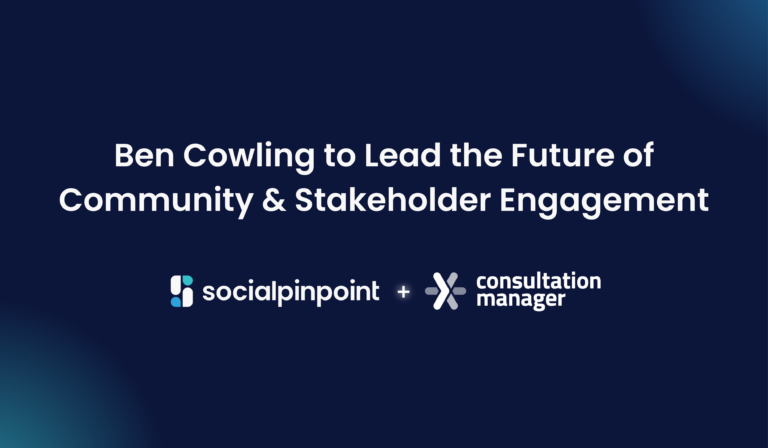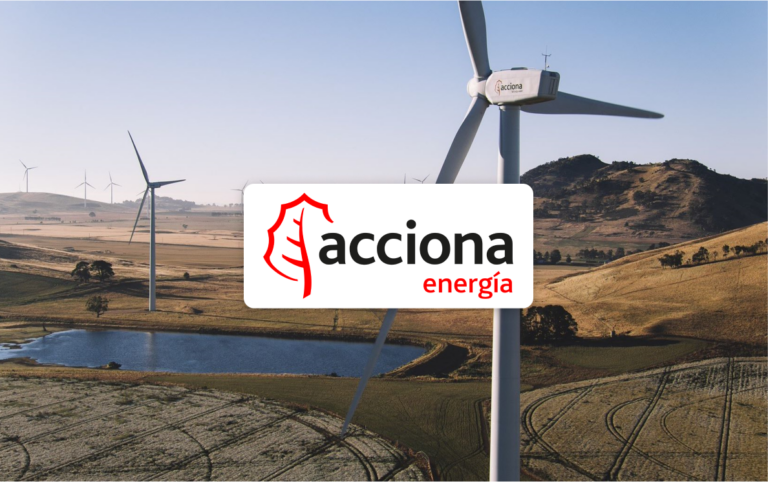An organisation’s fate rests heavily on its reputation, as it has the power to either make or break success. With disgruntled stakeholders continuing to negatively impact and affect project delivery, the need to shift the narrative is greater than ever. But how can you ensure a positive reputation? One effective approach is by utilising transparent stakeholder management.
Having a transparent stakeholder management strategy can, in theory, help enhance the reputation of an organisation, help build trust, and drive long-term relationships and success. So, what is transparent stakeholder management? And why is it important?
Why is having a good organisational reputation important?
Having a good reputation is essential. Why? When stakeholders can trust and depend on you, it fosters a sense of confidence and reliability. This, in turn, leads to increased support, loyalty, and collaboration.
When stakeholders see you as trustworthy and dependable, they are more likely to align themselves with your mission and goals, by investing more of their time, resources, and expertise into you and your organisation.
If however, your stakeholders perceive you as unreliable or untrustworthy, they are less likely to engage with you or participate in your initiatives. As a result, this will decrease collaboration, limit support, and cause more difficulty in attracting and retaining stakeholder support, as trust and confidence have been compromised.
In today’s digital world, people have convenient access to a wide range of information sources. For instance, a staggering 98% of individuals read online reviews and ratings. With many people basing their decisions on research, recommendations, or word of mouth from trusted sources, having a good reputation (especially online), makes creating positive relationships much easier.
If your organisation was consistently making promises to support local initiatives and charities, for example, but there was contradictory evidence of this online, then your stakeholders would instantly question your motives.
Understanding the benefits of transparent stakeholder management.
Do you regularly communicate with your stakeholders and keep them in the loop? If not, then it might be time to consider the importance of actively engaging and involving your key stakeholders in decision-making processes.
Successful projects are built on trust. But earning trust takes time. So, when organisation’s show that they value the input and opinions of their stakeholders, it helps build trust by creating a safe and open environment.
This is where transparent stakeholder management comes into play.
In today’s interconnected world where information spreads rapidly, our stakeholders, residents, business owners, partners, and wider community seek organisation’s they can trust. So, by implementing transparent stakeholder management, you can ensure you have an edge in your project delivery and enhance your positive reputation.
There are several key benefits of transparent stakeholder management:
- Foster long-term stakeholder relationships
- Reduce regulatory non-compliance
- Mitigate and manage adverse risks

1. Foster long-term stakeholder relationships.
Establishing an environment that encourages stakeholders to freely express their needs and concerns is crucial for nurturing long-term relationships.
Actively listening to stakeholders, acknowledging their input and opinions, and demonstrating the value placed on their contributions fosters trust and openness. When stakeholders feel valued and heard, they are more likely to remain loyal, actively support your project goals, and contribute to long-term success.
Therefore, by empowering stakeholders and actively integrating their opinions through effective stakeholder engagement, you can genuinely showcase your commitment to collaboration. This level of empathy fosters stronger stakeholder relationships and paves the way for long-term success.
Consistently communicating relevant information with your stakeholders via a Stakeholder Relationship Management (SRM) platform can help you remain accountable and active in this endeavour.

2. Reduce regulatory non-compliance.
Stakeholders want to feel confident that their information is safe and that they’re dealing with organisations that follow the law and meet ethical standards. In the context of stakeholder management, transparency involves openly sharing information, decisions, and actions with relevant stakeholders, and providing timely and accurate updates on your activities, performance, and impact.
Transparent stakeholder management not only builds stakeholders’ trust but also helps organisations meet regulatory requirements. Jurisdictions have imposed regulations for transparent engagement in critical areas like environmental impact, land access, and corporate governance.
Embracing transparency allows organisations to comply with regulations, avoid legal issues, and maintain a positive reputation among regulators and the public.
Meeting your legal obligations throughout stakeholder consultation is critical, and with multiple interactions per stakeholder across a variety of stakeholder groups, it isn’t always easy. An SRM will help you remain confident that all of your stakeholder interactions and historical data is accessible in one space.

3. Mitigate and manage adverse risks.
When organisations prioritise transparency and open communication, they create a culture of trust and collaboration that enhances their ability to handle challenges and crises. By actively engaging with stakeholders, organisations can gain valuable insights and perspectives that help them identify potential risks and develop effective strategies to overcome them.
Active stakeholder engagement fosters a sense of shared responsibility and unity, ensuring that everyone is on the same page and working towards common goals. When you share accurate information and updates, you not only keep stakeholders informed but instill a layer of confidence in your organisation as they are invited to participate in the decision-making process.
Proactive risk management is a key outcome of transparent and open communication. This approach reduces the chances of reputable damage and allows organisations to respond swiftly and effectively when faced with rising issues.
With an SRM readily available to support risk management, you can remain responsive to emerging issues. Track sentiment trends, complaints, and emerging conversation themes throughout your project so that you can deal with issues proactively.
In conclusion, prioritising transparency and open communication in organisations is essential for maintaining a positive reputation. By utilising effective stakeholder management, you can foster stronger relationships with stakeholders, ensure regulatory compliance, and effectively mitigate short and long-term risks. As a result, utilising transparent stakeholder management will help you build trust, enables more collaboration, and positions organisations for long-term success.




